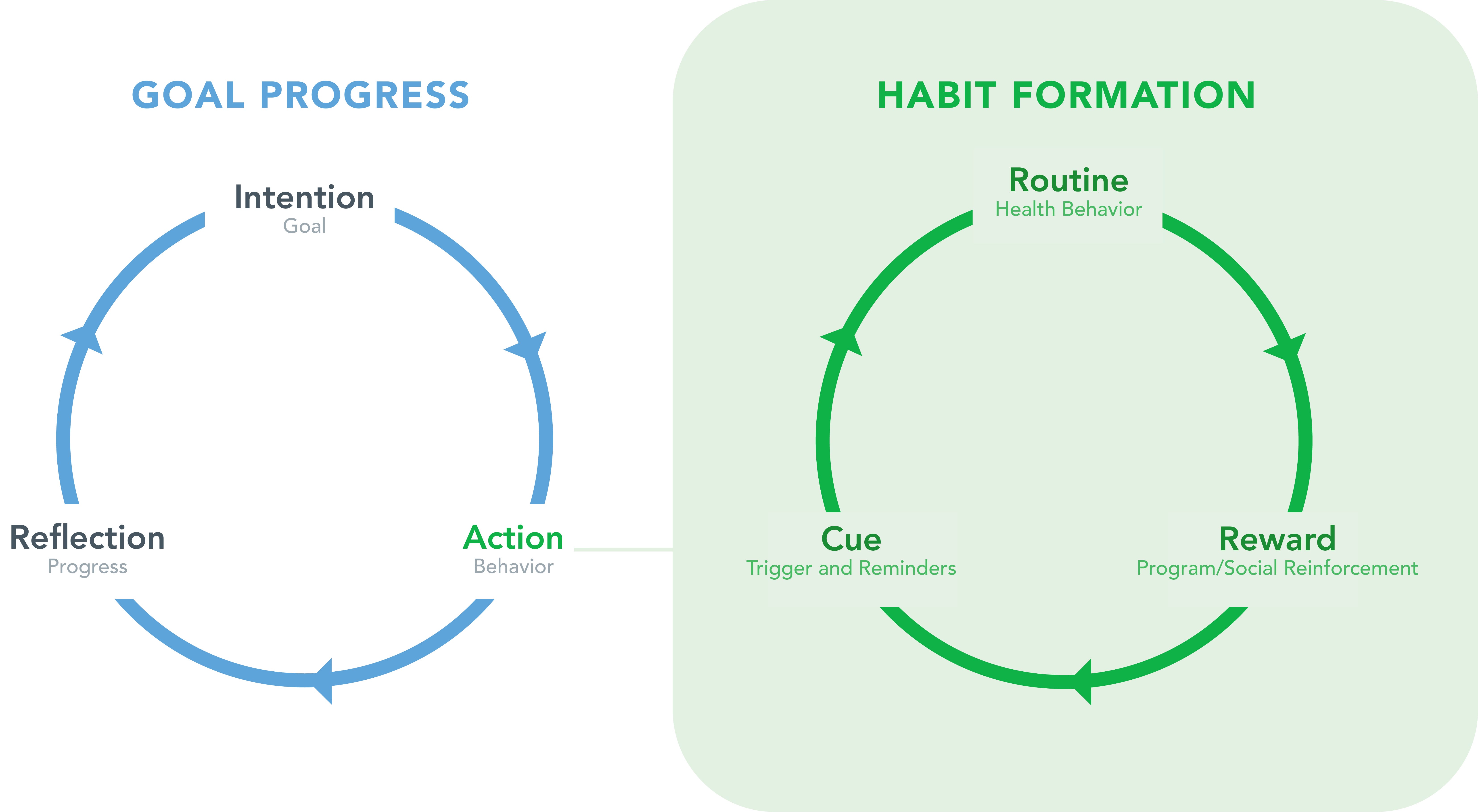


The good news is that researchers have found that not all habits are equal. It's the same reason that many of my students don't do their homework! Success in school is like being physically fit - it requires this whole set of tiny behaviors to happen on a consistent basis, day in and day out. Yet I want to be healthier - so why don't I do the work to get there? Take me: I eat too much junk food, don't really exercise, and don't consistently sleep as much as I should. Physical health is a near universal goal, yet few of us have it. It's hard for me to pick a favorite part of a book like Duhigg's - that genre of explanatory journalism is so fun to me it's right in the same vein as Paul Tough's How Children Succeed. Duhigg tells stories of brain-damaged patients and the Indianapolis Colts and aluminum manufacturing companies, and the whole time he's building this story about the power of human habits, and I just can't help but be enthralled.īut here is probably my favorite part of the whole book: the concept of the keystone habit. So the question is, how do we help students change their habits? How do we help ourselves change our habits to do the things we've always dreamed about doing? Keystone habits: little big things My students are not stupid - no more so than the guy writing this article who knows he needs to eat less sugar yet still seems to eat an unnecessary snack each day - but they are also not immune to the immense power of habit.
#KEYSTONE HABITS FREE#
The problem is that, even though they are visualizing in class how and when they'll do their homework, that visualization doesn't succeed against their home-from-school routines.įor many of them, it goes something like this (feel free to switch out “video games” with cell phone, Internet, etc.): The majority of my students who don't do their homework do not lack the desire to be successful. The thing with habits is that our brain basically turns off when we enter a habit loop. So back to Duhigg's book: can it tell me why my students don't turn in their homework? In a word: habits (For more on why the freshman year is so pivotal, click here.) And my goal, as a freshman teacher, is to help my students develop the academic and character strengths they'll need to succeed in the long-term. I'm not interested in negativity or positivity - instead, reality + a single-minded devotion to the goal. In general, we ought to strive for a view of students that is fervently committed to their potential for long-term flourishing and therefore relentlessly facing the brutal facts so that we can make adjustments toward what works. I commend a third way: super grounded in a balanced reality. super negative at the expense of considering positive realities.super positive at the expense of considering negative realities,.Too often as educators, we slip into one of two modes when thinking about students: I've got my fair share of “Wow, these kids are amazing” stories from this year's crop of kids (and every crop before), but I'm much more intensely interested in why they don't do as well as I hope they will. I teach fourteen-year-olds that I genuinely love, but that doesn't mean their actions don't often frustrate me. That's something I'm interested in knowing, but from a slightly different angle: why do my students do what they do?
#KEYSTONE HABITS FULL#
The full title of Duhigg's book, The Power of Habit: Why We Do What We Do in Life and Business, contains the book's central question: why do we do what we do? Why my students don't turn in their homework Yet, more importantly, you see how we can teach our students, and ourselves, to do likewise. In his book The Power of Habit, you begin to see how Duhigg reached this level of success. Charles Duhigg is a champion writer. Through years of deliberate practice, he's attained a level of excellence that makes the Pulitzer Prize and the New York Times bestseller list possible.


 0 kommentar(er)
0 kommentar(er)
